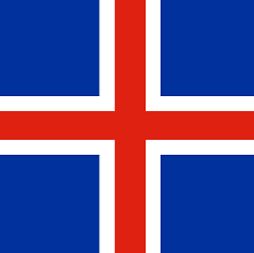Iceland tips big rise in salmon exports

MORE than a quarter of Iceland’s seafood exports could be from salmon farms within the next four years, a leading figure in the industry has forecast.
Þorsteinn Másson, regional manager of the aquaculture company Arnarlax, said that while his prediction – made in a recent lecture – may be ‘a bit daring’ at the moment, he was basing his theory on the fact that Iceland’s Marine Research Institute predicted that more than 70,000 tonnes of salmon could be bred safely without harming the environment.
He thought that salmon farming could account for 27 per cent of fishery related exports by 2022.
However, he warned there were still several issues to overcome before his forecast could become a reality.
For example, a number of licence applications still had to be formally completed and a great deal of necessary infrastructure, including the fish farms themselves, needed to be in place.
‘There is a lot to do but I believe we can make significant progress towards achieving that goal,’ he told the Icelandic newspaper Morgunbladid later.
Þorsteinn Másson pointed out that cod, still Iceland’s most valuable species, accounted for just below 46 per cent of marine product export value.
With even 71,000 tonnes, Iceland would continue to be a relatively small player compared to other salmon farming countries, such as Norway, Scotland and the Faroe Islands, because of the determination to protect wild salmon stocks.
He pointed out that in 2017 the Faroe Islands produced 77,000 tonnes of salmon, the UK 157,000 tonnes Canada 143,000 tonnes, and Ireland 16,000 tonnes.
But the giant was Norway, at 1,300,000 tonnes. Iceland’s output, by comparison, was a mere 10,000 tonnes.
He said that Icelanders had done well in learning from other countries about risk assessment and ensuring that its industry had the least possible impact on wild salmon stocks.
But more needed to be done on learning from the likes of Norway how to better get both salmon and white fish to the market place.
The salmon farmers in Iceland could also learn from the country’s own white fish companies on promoting sustainability and the country of origin. A clear framework for the future was needed, he added.

